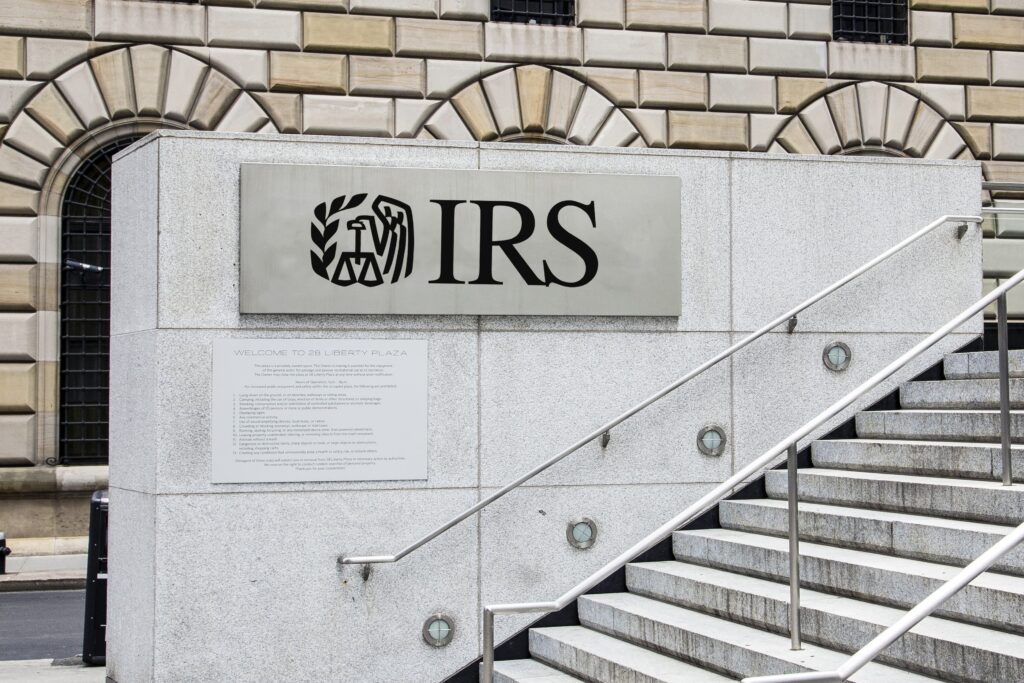
IRS Panics as Taxpayers Contact Agents at Home
IRS employees can raid your home, harass you at work and confiscate your earnings.
Those agents can also garnish your wages, seize your property and throw you in prison.
People who call the IRS wait on hold for hours. Try bypassing the IRS hotline. Contact one or more agents through their personal social media or — gasp — at their homes. Those agents feel threatened.
IN THE NEWS: Supreme Court to Hear New Jersey Fishermen Vs. Feds
This is according to a report that the Treasury Inspector General for Tax Administration (TIGTA) published this month.
IRS managers’ full names and office telephone numbers appear on manual correspondence with taxpayers.
“TIGTA is concerned that taxpayers and anti-government or anti-tax groups with malevolent intent may use the Internet or social media to track down and identify IRS employees, their families, their homes, and personal information to threaten, intimidate, or locate them for physical violence,” according to the report.
“Our survey of IRS managers who signed tax processing correspondence found that 11 (34 percent) of 32 IRS managers were contacted by taxpayers outside of normal business methods. However, none of the 11 managers contacted outside normal business channels reported that they or their families were threatened or intimidated because of these contacts.”
TIGTA said most of the taxpayers who sent messages and made telephone calls merely wanted updates on their personal IRS accounts. In one instance, an IRS employee complained a taxpayer left a letter at his or her house. That person asked the employee to help him or her with taxes.
IN THE NEWS: Dead People Got Trillions in Medicare Benefits
“The letter did not contain any threats; however, the employee was concerned that the taxpayer delivered a letter to their personal address when they did not tell them where they lived,” TIGTA said.
“Additionally, the taxpayer sent the employee an invitation through social media that the employee did not accept. The taxpayer used a paid online database to find the employee’s home address. The taxpayer claimed they were not trying to threaten the employee but needed help.”
The IRS will now conceal the identify of employee’s first name on future correspondence with taxpayers.
Send story tips and other story suggestions to [email protected]



